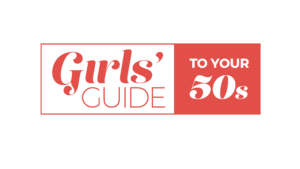Life changes. Whether you’re coming to the end of your 40s or are already in your 50s, you know they’re coming. Mood swings. Night sweats. Mental fog. Weight gain (yay!). And of course the end of that time when you “could” (if you wanted to) have children.
While you can’t outrun menopause, you can take heart from those who have gone through it and come out the other side happy and whole.
Jump to menopause symptoms & solutions
Jump to Frequently Asked Questions
The beginning of the end?
I was in my mid-40s when I had my first panic attack. A busy, confident freelance writer at the time, I remember rushing out of a meeting with a potential client to hide my rising panic.
I ran to the bathroom, where I stripped off my pantyhose — which seems strange now because:
a) I was wearing pantyhose and
b) I thought taking them off would help
I just wanted to feel better.
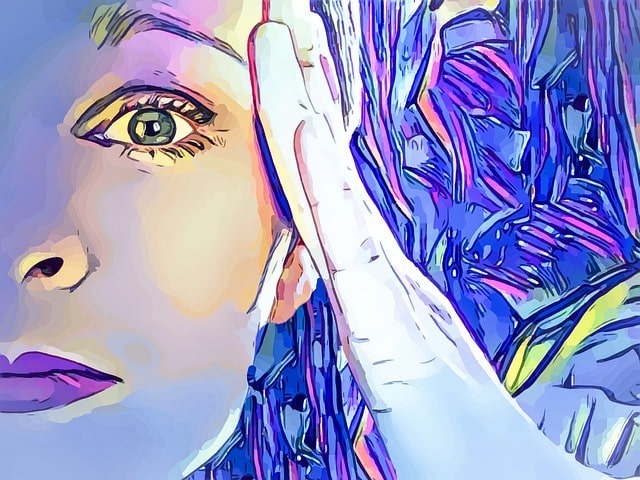
Not only was this episode embarrassing, but I lost that project.
what is going on?
What followed was a conversation with my doctor. Given my age, she told me the panic attacks might be a sign of perimenopause, a word I’d never heard before.
Perimenopause is the earliest stage of “the change” and it may start eight to 10 years before menopause — so somewhere in your 40s (although it can start as early as the 30s). During this transitional stage, your hormone levels begin to drop as your body prepares to enter menopause.
Menopause usually occurs in the early 50s — marked by the point at which you’ve gone 12 months without a menstrual period. According to the International Menopause Society, “the average age of menopause is 51.5 years, with most women experiencing menopause between the ages of 45 and 55 years.”
Postmenopause is the many, many happy years after menopause.
Or the beginning of a new stage?
While menopause is the end of a woman’s reproductive years, it’s just the beginning of what for many is decades of productivity.
I like the term ‘perennials. we’re still here, blossoming again and again.”
Stanford aging expert Laura Carstensen

Now, it’s common among Western women (including me) to fear that aging means we are worth less to an employer. Turns out, this is simply not true.
Just ask German economist Axel Borsch-Supan, who has been studying the economics of aging for years. His findings? “There’s no evidence whatsoever that productivity for normal workers declines with age.”
I’m still working full-time for a tech company. I’ve had to adjust to working for people who are younger than me, but I continue to be personally challenged and well-compensated.
I know this depends on where you work, your race and education (and therefore your opportunities). I am grateful for my good fortune.
Maybe it’s change we don’t like
So what about the transition of menopause scares us, exactly? Maybe it’s not a “she” thing, but a human dislike of change.
COULD IT BE WE’RE AFRAID OF THE UNKNOWN?
When my youngest child went to middle school, I decided it was time to go back to the office. So at 46, I accepted a job with the company I still work for. Within six years of starting that job, the company was sold to three VC firms. This meant a new employer and a period of nerve-wracking transition.
The new leaders sent every worker a copy of the book, “Switch: How to Change Things When Change Is Hard” by Chip and Dan Heath. I loved that book. It made it easier to manage the changes that were occurring around me and not give in to my fear of the unknown.
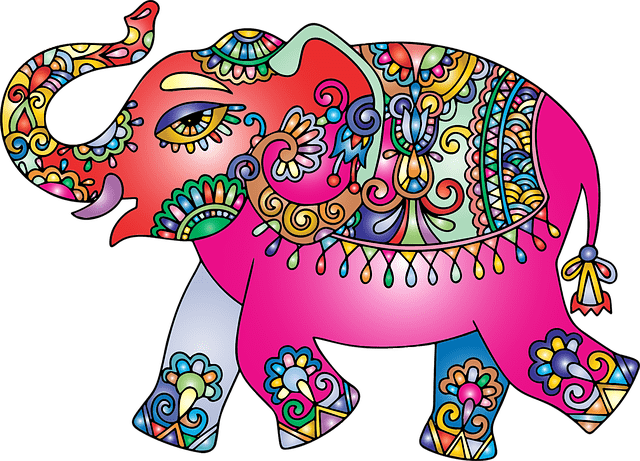
In their book, the Heaths explain that in order for change to occur, we must get two parts of ourselves to go along:
— The logical decision-maker or “rider” (the Heaths note that this part of us almost always wins)
— The emotional side, aka “elephant” (usually plays second fiddle to the rider)
Both parts are powerful, but unless they work together, you’ll never get a thing done. (If you’ve ever tried quitting smoking, you know what I mean.)
Unlike work transitions, menopause isn’t an option — it’s going to happen whether you want it to or not.
It’s not like changing jobs or adopting a child or getting plastic surgery. Those are optional changes. The question with menopause isn’t if, it’s when.
Resistance is futile
So back to my pantyhose story.
Menopause took me by surprise (ha!).
Leading up to that moment, I was busy with my life — kids, husband, career. But after 40-some years, I thought I knew what to expect from my body.
then one day, the rules changed.
When I first started having hot flashes, I thought I was sick — literally. Because up until then, that’s what feeling hot had always meant. Better check my temperature!
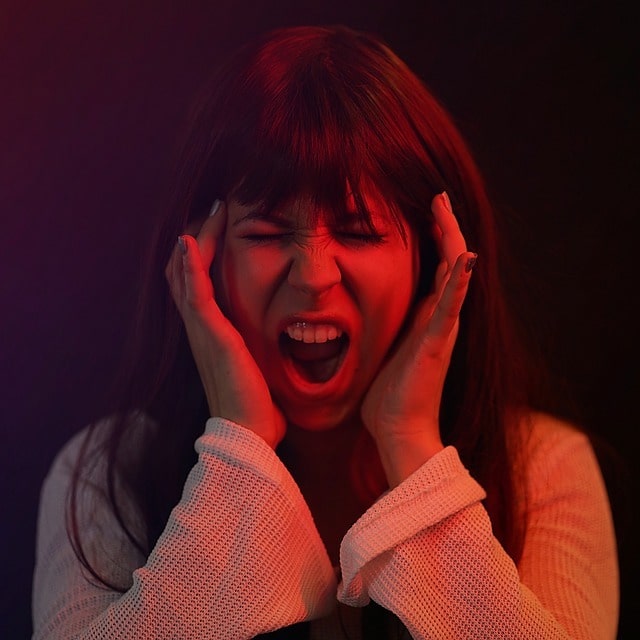
How confusing to misread my own body. It really shook me. I mean, if you don’t know the cycles of your own body, it makes you wonder if everything you’ve always believed is wrong.
Crap — maybe the earth is flat.
It may be that our fear of change is buried deep in our lizard brains — from the time when stepping away from the cave meant death. You know, it’s safer to stay here, where there’s a fire. I don’t know.
All I know is that most of us would rather not change. Why not just keep things the way they are? We may or may not like it, but we’re used to the way things are.
WTH? Now I have to rethink everything.
Menopause symptoms and solutions
If I’m being honest, the end of periods is one of the greatest things that ever happened to me. Truly — what a liberation!
It’s not that I’m not grateful I was born with the ability to bear children — because I am. I loved the two times I was pregnant and was awed by the way my body opened to give birth then closed again, as if nothing had happened.
that’s some serious magic.
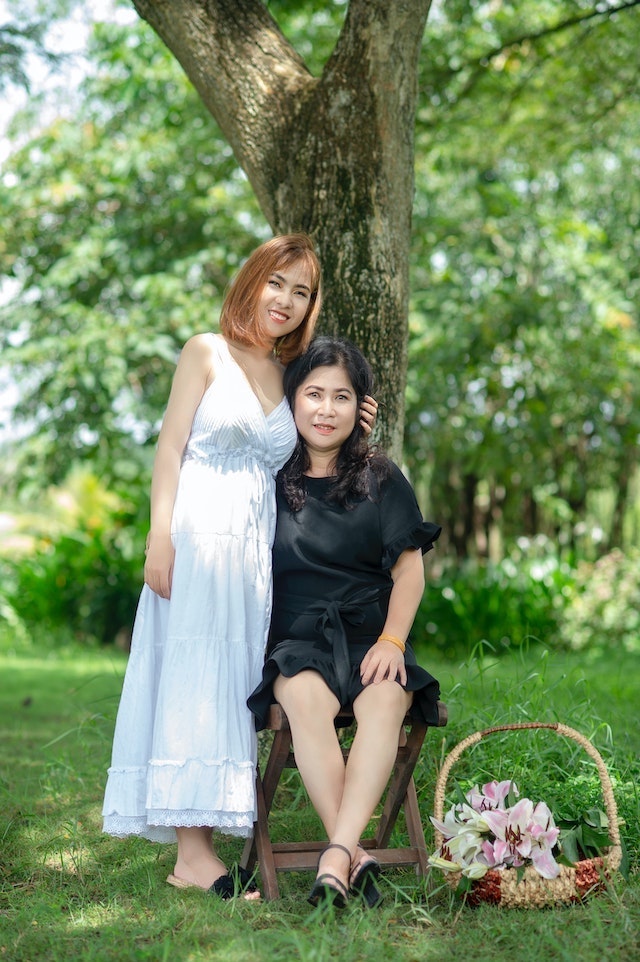
The end of this stage of our lives can be rocky — mostly due to the changes in our hormones.
Because many transgender women take feminizing hormone therapy, they too may experience some of the symptoms below if they choose to end or taper off hormones for any reason (such as before surgery).
Like women assigned female at birth (AFAB) — the symptoms are a response to hormone fluctuations, even if the causes differ.
Here are some tips on dealing with the most common side effects of menopause.
Mood swings
Menopause is all about hormones. Your estrogen levels begin to fluctuate as your body prepares to jettison something it no longer needs: monthly periods and with them, the ability to bear children.
As anyone who has spent any time with teenagers will tell you, fluctuating hormones can make a person mOOdy.
one day you may be okay, the next you’re sad or cranky.
You may find yourself crying at stupid things and snapping at loved ones.
Because estrogen feeds serotonin, the “happy chemical,” the drop in that hormone can also trigger anxiety.
For many women, this comes from out of the blue. After 20 or more years of dealing with PMS (premenstrual syndrome), you may have come to rely on a few tricks that usually help make you happier.
Then the peri-menopause transition begins — often without you knowing it’s started — and none of your tried-and-true tricks work to restore your sense of balance.
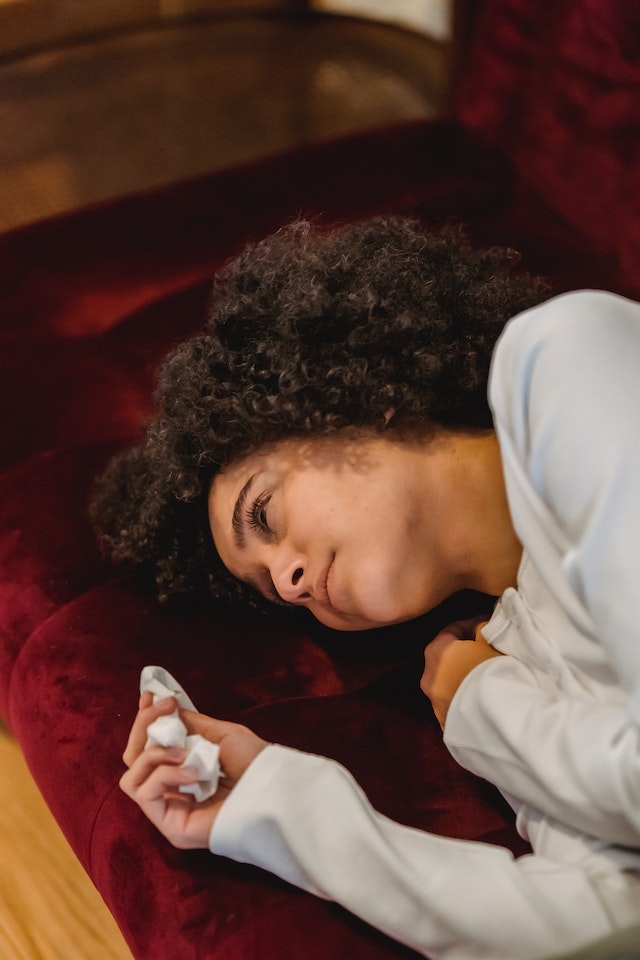
Try the easy things first
The first thing to do to get happier is look to your lifestyle. Women with high levels of stress and poor physical health can be moodier than those who get regular exercise.
I was in my early 40s when I started going to weekly Anusara yoga classes at a local studio. A non-practicing Christian, I found these classes not only made me feel calm and focused, but spoke to the spiritual part of me. And they lifted my mood.
yoga also made my butt look great.
Once I was in my 50s, my family practice doctor suggested I set a goal of doing 30 minutes of pavement-pounding exercise such as brisk walking three times a week to ward off bone loss. (Note that not all women are at risk for osteoporosis; I am because of my family history.)
Night sweats
This is exactly what it sounds like: sweating in your sleep. For anyone who has always been able to sleep with little or no effort, this can be annoying — and exhausting — until you transition to new habits.
Like many symptoms of menopause, this one can be eased by changing your behavior:
- Wear lighter pajamas
- Cool the room you sleep in
- Replace heavy blankets and sheets with lighter, breathable ones
- Avoid exercise within a few hours of bedtime
- If you consume alcohol, caffeine or recreational drugs, cut down on the amount
Mental fog
This common symptom can be alarming at first. Also caused by the drop in your estrogen levels, feeling “foggy” or forgetful can cause you to question your abilities. What’s happening to me? you may think. I used to be so sharp.

Here are the usual signs:
- Trouble staying attentive
- Trouble remembering names, places or words
- Slowed reaction times
- Frequent loss of train of thought
“Brain fog is a manifestation of some type of inflammation or chronic stress response,” explains Dr. Kamini Krishnan, Ph.D., from the Lou Ruvo Center for Brain Health at the Cleveland Clinic in the U.S.
Unlike many other menopausal symptoms, there isn’t a treatment for this beyond:
- Getting good sleep
- Eating healthy
- Regular exercise
Dr. Krishnan also suggests taking mental breaks throughout the day to build up your mental capacity.
You might also check out the Pomodoro Technique, created in the 1980s by Francesco Cirillo. It’s most often suggested for people who can’t stay on task, but who knows? It might help with mental fog.
I used to be embarrassed when I couldn’t remember a name or a detail in a work meeting with colleagues. So I started jotting down notes prior to meetings with any details I might need — and for the most part, this has worked just fine.
According to one survey of 100,000 American women, brain fog is more common among women in the perimenopause transition and can start as early as the late 30s.
Anxiety
As mentioned in my pantyhose story earlier, the arrival of debilitating anxiety was a huge part of menopause for me. I was totally blindsided by it — I had no idea even what it was.
I suffered silently in my early 40s before the anxiety became unbearable.
I would wake up feeling fine. But as the day wore on, I’d become more and more uneasy. By nightfall, I’d be nearly frantic and would self-medicate with a glass or two of wine.
At the time, menopause wasn’t top of mind and I wasn’t looking for it.
So it didn’t even occur to me that I was experiencing a normal transition for women my age. Honestly, I don’t think anyone ever talked to me about it — not teachers, not friends. I remember my mother being tight-lipped about the “difficult years” she went through.
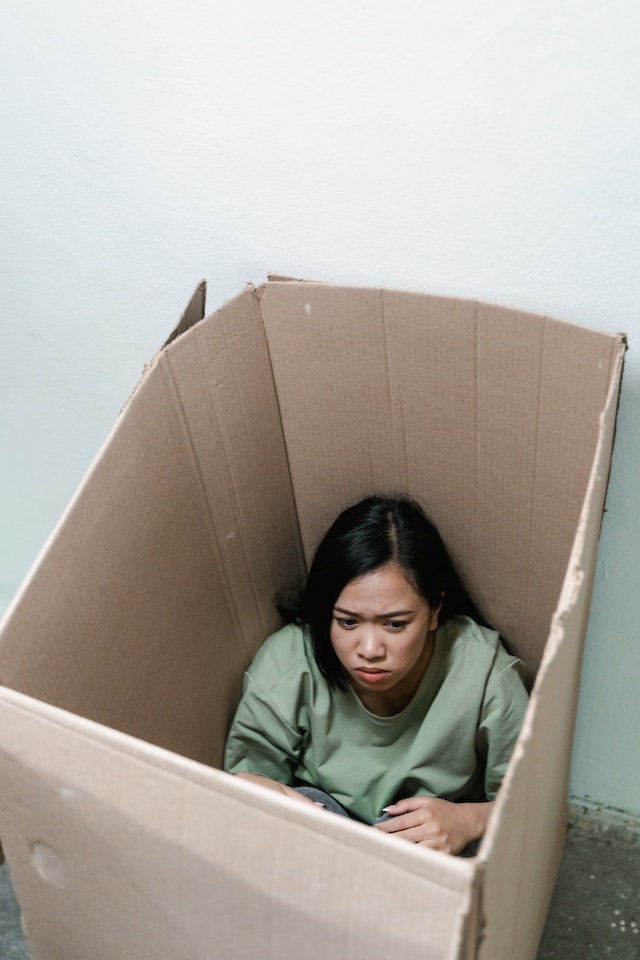
But no one ever said “You’re 39 now. If anything strange happens, you’re not going crazy. It’s just what your mother’s friends called ‘‘the change of life.’”
In the end, I followed my doctor’s advice to begin taking prescription anti-anxiety medication. And it did work — after a pretty stressful two-week transition, while my body adjusted to the medication.
But I think I might do it differently if I had it to do again. I might start with non-prescription options such as herbal remedies (although the Mayo Clinic, considered a reliable source of medical information in America, offers mixed reviews) or acupuncture, as did one of my friends.
Here are some other options that work for some women:
- Aromatherapy
- CBD oil, if available
- Meditation
- Weighted blankets
- Breathing exercises
Of all these, I think the most valuable is the last one. Try box breathing (this can be done at a desk or in public) or Nadi Shodhana (Alternate Nostril Breathing) — as often as you need it.
I know, I know — it sounds too simple to work. But it does (for non-clinical anxiety).
Weight gain
Some time after 45, I woke up one day and realized I was unusually hungry. I was working in an office at the time, and the one granola bar I’d been eating as a mid-morning snack no longer silenced the growl in my stomach. I started eating two granola bars.
When I complained to my GP about gaining weight, she ran some tests and told me I had hyperthyroidism. She prescribed medication that I still take and my appetite returned to normal.
This doesn’t mean I didn’t gain weight during menopause. Into my late 30s my weight was 116 lbs (53 kg or 8 stone 5 lbs). My weight throughout my 50s has been 132 lbs (60 kg or 9 stone 6 lbs).
I can reduce this by a few pounds with exercise and diet.
but I won’t ever be my 39-year-old weight again.
If you have gained weight, particularly around your abdomen rather than around your hips and thighs, you have lots and lots of company.
One reason for menopausal weight gain is that our muscle mass shrinks as we age, while fat increases. Losing muscle mass slows the rate at which our bodies use calories.
This can be worse if your job confines you to a chair for 40 hours a week, as mine does.
Standing desks are said to help reduce back pain and increase cardiovascular health for desk-bound workers. They’re no help with weight gain, though.
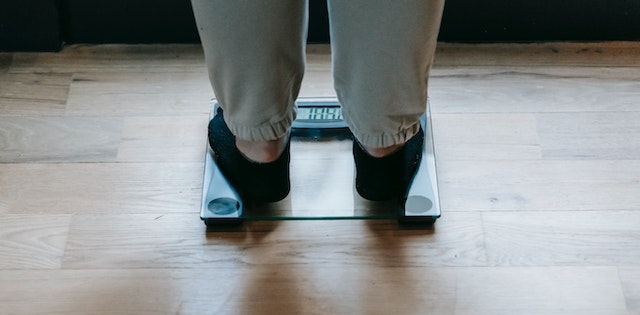
There are also other gadgets, like treadmills with desks. I used one at work before COVID when I was still reporting to an office twice a week.
Now working at home full-time, I have my bike in a friction trainer that I occasionally use but always think I’m going to use more [sigh]. When done regularly, indoor cycling can improve:
- Aerobic capacity
- Blood pressure
- Lipid profile
- Body composition
As an added bonus, it helps me sleep more soundly.
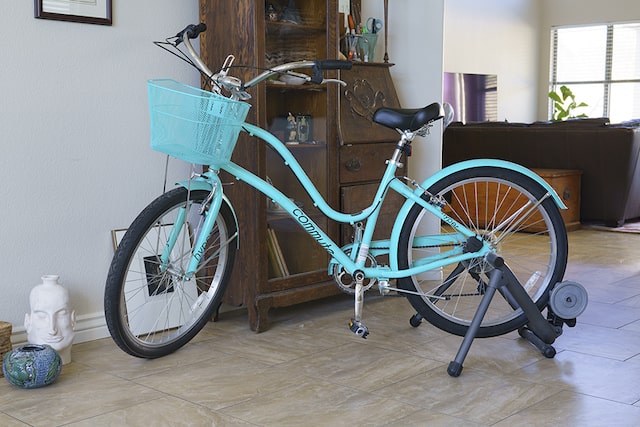
You can find directions on how to turn a street or mountain bike into a stationary bike here if you want to give this a try.
But you don’t need equipment to exercise, beyond a pair of shoes. Walking and running are free and available to just about everyone. Start small, then build your way up to:
- 150 minutes a week of brisk walking or
- 75 minutes a week of jogging
If you live near an enclosed shopping mall, join the mall walking brigade. Whether your climate tends hot or cold during part of the year, this is a year-round exercise option.
Most important: Remember that any regular exercise will likely improve your mood and sleep. If you can only manage 20-30 minutes of walking three days most weeks, pat yourself on the back. You’re a champion.
Vaginal dryness
Although vaginal dryness can occur at any age, it’s most common in women or those AFAB (assigned female at birth) as they transition into and out of menopause.
The culprit is often a decline in estrogen levels.
If you are AFAB, for much of your life this hormone has helped keep your vaginal lining moisturized and healthy. As estrogen levels drop, your vaginal walls can become thin and dry.
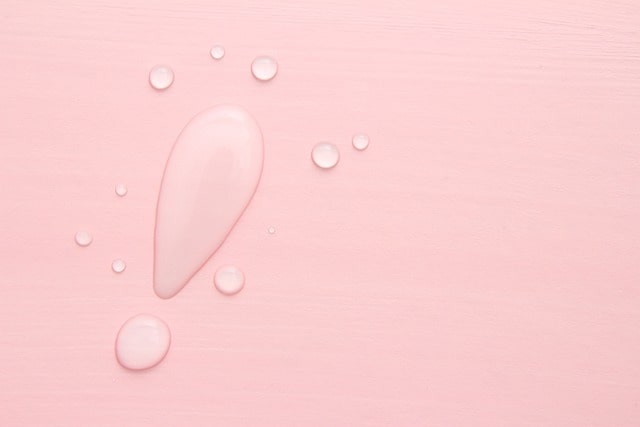
Like many changes that come with the various stages of menopause, the hardest part of this transition can be acknowledging that your body is no longer as young and supple as it used to be.
Once you’ve made your peace with that, there is an easy solution to this symptom: lubricants.
Here are a few suggested by the Mayo Clinic:
- Vaginal moisturizers such as KY Jelly applied every few days to moisturize vaginal tissues.
- Vaginal lubricants such as Astroglide applied before or during sex to reduce pain with intercourse.
- A low-dose vaginal estrogen cream, ring or suppository to rebuild the vaginal lining. If you’ve had breast cancer, talk with your doctor about the risks before opting for this.
- Ospemifene (Osphena), a selective estrogen receptor modulator taken by mouth, can be useful to some women. It is not recommended for women who have had, or are at high risk of, breast cancer.
- Dehydroepiandrosterone, in the form of a nightly vaginal suppository, may ease painful intercourse in menopausal women.
Don’t use petroleum jelly or moisturizers that aren’t made for your vagina. Talk to a medical professional for advice tailored to your specific needs.
Less interest in or painful sex
As painful sex can be related to vaginal dryness, you may find some relief with the lubricants or therapies above. It can also be a sign of a more serious physical ailment, so you should talk to a certified medical professional if sex is painful for you.
We all know though that sex is deeply emotional and, for many of us, tied to how we feel about our bodies. To this end, I refer you to the above sections on Mood swings and Weight gain.
I couldn’t find any single source of statistics on how many women around the world over 50 continue to have intercourse after 50 (which is not the same as desiring intercourse, right)? The first two sources I found said:
- 50% of American women continue to have intercourse during their 50s
- 70% of couples in the UK are still having intercourse after 50
A 2016 study found that Chinese women 56 to 60 years old were less interested in sex, compared with those aged 45 to 55. Like their Western counterparts, Chinese subjects report dryness and vaginal atrophy as they age — both of which could affect their interest in having sex.
In a 2014 survey of a representative sample of Brazilian women over the age of 50, 36.7% said they were sexually active. More than half of these described their sex life as good or very good.
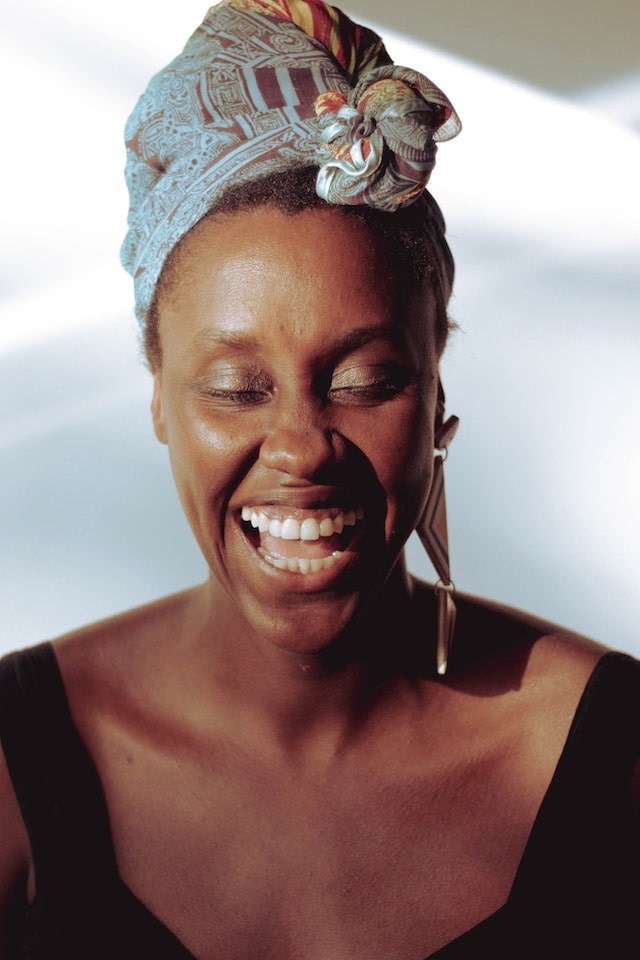
The Brazil survey found a link between weekly physical activity and sex after 50.
A 2001 study of older married Thais showed that study subjects became less interested in intercourse as they aged — which, again, may be due to the physical effects of the hormonal changes of menopause.
This isn’t to suggest Thai women stop having sex after 50. “Apparently among older Thais, the sexual desire of husbands is a more important determinant of marital sexual activity than that of wives.”
I’m not entirely sure what these few studies show — other than a lack of ongoing interest in the attitudes towards sex of over-50 women around the world. Ha! Typical.
Trouble sleeping
Researching and writing this post has reminded me of the small changes I’ve made over the last 15 years as I navigated this transition. In each case, the habit I’d relied on up until that moment stopped working and I had to replace it with something new.
Although I can’t remember exactly how old I was when I started having trouble sleeping, I think I was in my late 40s. I didn’t want to take sleeping pills, as they made me drowsy during the day.

What I landed on was the very simple suggestion to start a bedtime routine.
Now I take a bath before bed nearly every night. Turn off the lights, light some candles. It doesn’t have to be long.
Here are a few more tips in part from the Mayo Clinic:
- Don’t go to bed hungry or too full
- Limit nicotine, alcohol and caffeine in the hours before bedtime
- Use room darkening drapes, earplugs, a fan and a noise machine/app if these help
- Try one of the sleep apps listed here to get you ready to sleep
The medical experts at Mayo suggest 7 – 8 hours of sleep each night for a healthy adult. They also suggest going to bed and waking up at the same time every day — even weekends.
If you don’t fall asleep within 20 minutes of going to bed, leave your bedroom and do something relaxing. When you’re tired, go back to bed.
Whenever I want to be sure I can go to sleep, I make sure to do 30 minutes of exercise such as walking or biking during the day (not too close to bedtime, as this can keep you amped up for hours). This helps ensure I’m tired by the end of the day.
Hot flashes
As I mentioned earlier, the first time I had a hot flash, I thought I was getting sick. Because this is what a hot flash had always meant before — a cold or the flu.
So the first step to dealing with hot flashes is to understand what they are: changes in your hormonal levels.
Start noticing if particular things — such as spicy food or hot showers — trigger them or make them worse. Then change your behavior to minimize the hot flashes.

Here are a few more recommendations from the Cleveland Clinic in the U.S:
- Eat a balanced diet that includes foods rich in calcium such as cheese, almonds, green leafy vegetables, milk or plant-based milk and fortified cereals.
- Eat soy, as it contains phytoestrogens. The best sources of soy are tofu, soy powder, soymilk, and soy nuts.
- Exercise regularly.
- Get serious about stress management techniques like asking for help when it’s appropriate, setting priorities and making time to take care of yourself.
- Limit caffeine and alcohol.
- Get enough sleep.
There’s also hormone replacement therapy (HRT)
This is a medical treatment that replaces the hormones that decline before and during menopause. Whether or not you choose to take HRT is a personal decision, one that must be done with the help of a medical professional.
Combination hormone therapy
If you still have your uterus, your doctor could suggest a combination of estrogen and progesterone to minimize menopause symptoms.
Estrogen-only hormone therapy
If you have had a hysterectomy, you may not need progesterone. Taking estrogen alone has been shown to have fewer long-term risks.
Natural hormone therapy
Also known as bioidentical hormone therapy, this therapy uses plant-derived hormones. These hormones are altered in a lab to have the same molecular structure as the hormones your body produced before the onset of the transition to menopause.
According to the U.S. Food and Drug Administration (FDA) and several medical specialty groups, the hormones marketed as “bioidentical” and “natural” aren’t safer than hormones used in traditional hormone therapy. There’s also no evidence that they’re any more effective.
Frequently Asked Questions
Below are some answers to the most frequently asked questions related to menopause and life changes.
Do all women go through menopause at the same time?
Based on an American study of women from various ethnic backgrounds, no.
The Study of Women’s Health Across the Nation found that Latina and Black women often start menopause earlier than white women, while Asian women begin several months later.
This same study found that Black women had a more positive attitude about menopause than those from Chinese and Japanese backgrounds.
And this is interesting: women who smoke can begin menopause one or two years earlier than non-smokers.
Most women reach menopause between 45 and 55 years of age.
The best way to guess at when you’ll hit menopause is to ask your mother when she started noticing signs of transition, as many studies say that genetics weigh heavily here.
Do all women have the same symptoms during menopause?
No. In 1970, anthropologist Marcha Flint talked to women in non-Western countries about this topic. Of the 483 women she surveyed in India, most said they had no transitional symptoms other than menstrual changes.
In the 1980s, another researcher, Margaret Lock, asked Japanese women about the same thing. The only issue they mentioned was shoulder stiffness, with few reporting hot flashes.
In a third study, Hong Kong researchers found that joint and muscle problems were the most common symptoms. But in all cases, the women reported symptoms as “mild.”
The only explanation I could find for this variation were country-by-country differences in:
- How we eat, sleep and exercise, as this impacts hormone levels. For example, the lack of hot flashes among Japanese women may have something to do with the amount of soy products served in the traditional Japanese diet.
- How each society views menopause. A female professor in Yale Medical School found that women in societies that revere older women reported fewer menopausal symptoms. Those in societies that think the menopausal transition is negative, reported more symptoms.
Which makes sense, right? Post-menopausal women from indigenous cultures like the Mayan Indians are viewed as “wise women” or spiritual leaders. And I know that many Asian cultures respect aging members of both sexes for their wisdom and insight.
It just stands to reason that you would obsess less about symptoms if you believed you were going through a positive transition.
I read that the Japanese word for the years of a woman’s life between 40 and 60 is konenki and means “renewal years” and “energy.” The English word “menopause” simply means “monthly stop.” Hmmm.
Have hope for the future
In reading this post, I hope you’ve learned a few tips for navigating this important — and universal — life transition.
Remember, you are not alone.
You are, in fact, in the company of of a very large group of women all going through the same thing.
All women assigned female at birth (AFAB), as well as some trangender women taking (and then stopping) HRT, can experience the symptoms described above. That’s nearly half the world’s population!
So embrace the changes and talk about what’s happening to you — to your friends, coworkers and health providers. Ask what’s worked for them to manage weight gain, mood swings and hot flashes. Menopause isn’t a secret. It’s just one of life’s many transitions.
Resistance or pretending like it’s not happening won’t help.
My advice to you is to be agile, be ready to change. Your happiness doesn’t depend on doing things the same way forever. It depends on how well you manage change, replacing old habits that no longer work with new habits that do.
You will survive this. Trust me.
I am not a doctor. In fact, the only “medical” training I’ve ever had is CPR (cardiopulmonary resuscitation). I am a professional content creator and have attempted to find the most reliable sources to cite here. But please take the information I’ve provided with a grain of salt. If you have questions about your own symptoms during this life-altering transition, talk to a medical doctor or certified health professional.
